Viswanathan Anand remains one of the most talented chess players to have ever lived. From his humble beginnings in India, he became India’s first Grandmaster.
His path from Grandmaster to World Champion shows what a combination of talent and hard work can achieve.
Anand is among the few players to have been crowned World Champion in both Classical and Rapid chess. He was a prodigy, and his humble nature made him everyone’s favourite even among his peers.
We will take a look at his career and how he grew from his humble beginnings into a legend of the game.
Early Days
Viswanathan Anand was born on December 11, 1969, in Mayiladuthurai, Tamil Nadu, India. He grew up in Chennai after his parents moved there.
Having learnt how to play chess at six from his mother, Susheela. He also received support from his father, Krishnamurthy Viswanathan, who worked in the Indian Railways.
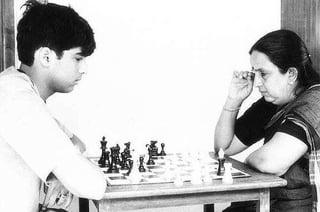
He was famously nicknamed the ‘Tiger of Madras’ and the ‘lightning kid’ because of his immense speed and precision of play.
He was calm, respectful, and friendly, even as a boy, and these qualities defined his chess career.
Rise to Elite Status
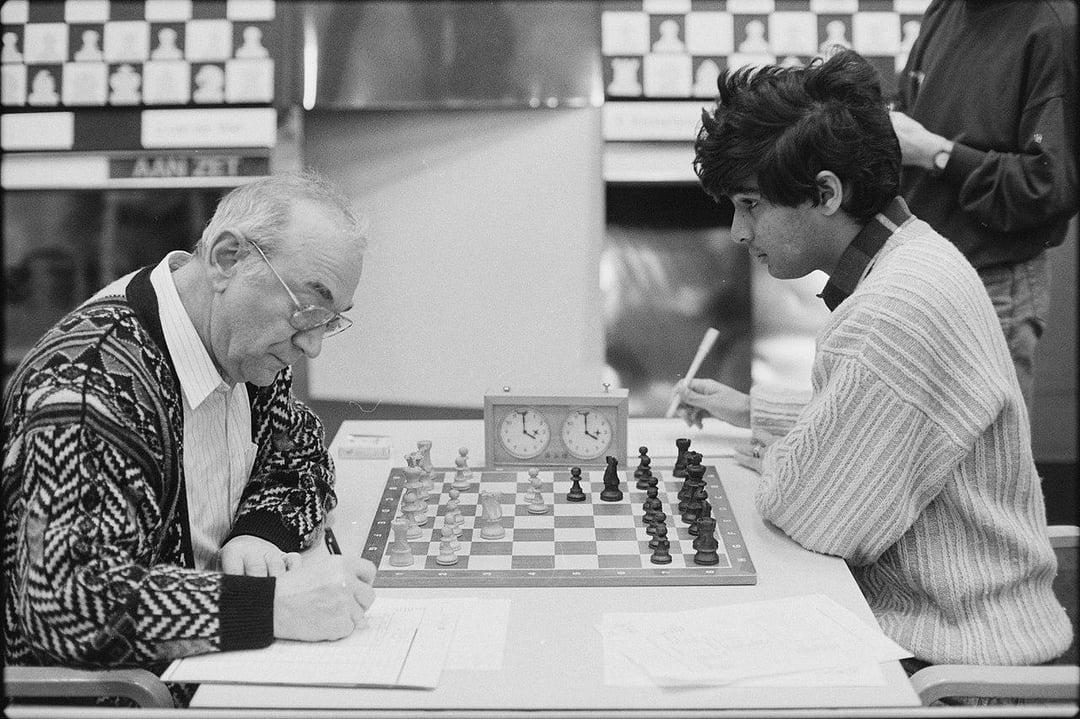
Anand showed strong prospects as a teenager when he began winning national titles. His first major win was the Asian Junior Championship, which he won in 1984 and also again in 1985.
Then, when he was 15, he became an International master, one of the youngest in the world at that time.
At 16, he became the National Chess Champion of India, and by 1987, he made history by becoming India’s first-ever Grandmaster.
This marked a turning point for Indian chess, as no Indian had ever achieved that level. His accomplishment brought the spotlight to chess in a cricket-loving country.
His international breakthrough in international chess came in the late 1980s and 1990s. Anand won international tournaments such as Reggio Emilia (1991) ahead of legends like Garry Kasparov and Anatoly Karpov.
By the mid-1990s, Anand had solidified himself as part of the world’s elite players. He was renowned for his quick calculations and smooth playing style.
Road to World Championship
Like most chess players, Anand’s dream was to become the World Champion. It took years of hard work and narrow misses before he eventually achieved the World title.
In 1995, he clashed against Garry Kasparov in the World Championship match, held at the World Trade Centre.
After eight consecutive draws, Anand took the lead by winning Game 9, but Kasparov struck back with a series of victories to retain his title.
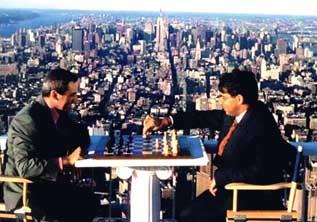
Although he missed out on the title, the result proved that he was ready to challenge the best.
His big breakthrough finally came in 2000, when he won the FIDE World Chess Championship in Tehran, Iran.
Anand defeated Alexei Shirov to become the first Indian and Asian to win the world title.
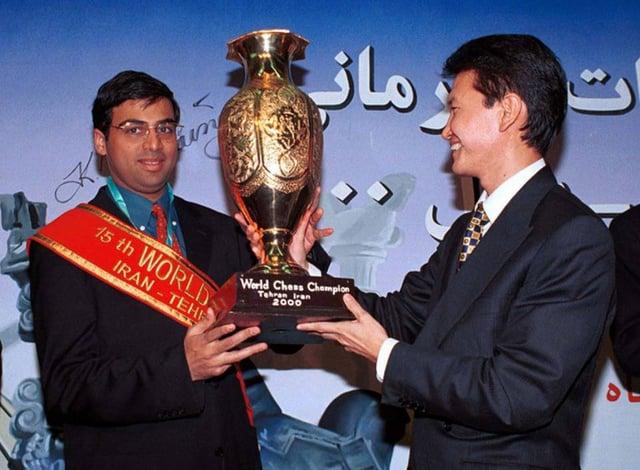
He became the undisputed World Champion in 2007 by winning the tournament in Mexico City and successfully defended his title multiple times:
- 2008: defeated Vladimir Kramnik in Germany
- 2010: defeated Veselin Topalov in Bulgaria
- 2012: defeated Boris Gelfand in Russia
In 2013, however, Anand lost the title to Magnus Carlsen in Chennai and also lost the rematch in 2014. He went on to win the World Rapid Chess Championship twice (in 2003 and 2017) and remained among the world’s top players well into his 50s; a rare feat in modern chess.
Philanthropy Career and Role in Indian Chess
Viswanathan Anand is often referred to as the Father of Indian Chess. This is because of the role he has played in pioneering the chess revolution in India. Chess was not popular in India before his rise to fame. However, because of his success, many young Indians started playing. Today India has over 80 Grandmasters, and many of them cite Anand as their biggest role model.
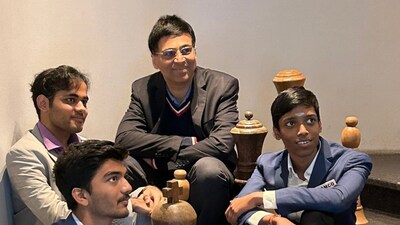
Anand has helped promote chess across the country, engaging in training camps, school programs and academies. Anand works with the NIIT Mind Champion Academy, which teaches chess to hundreds of school children.
His effort using chess as a tool for social change has improved the lives of poor and rural children.
Because of his achievements in chess, he has received many national awards:
- Arjuna Award (1985)
- Padma Shri (1987)
- Rajiv Gandhi Khel Ratna (1991-92)
- Padma Bhushan (2000)
- Padma Vibhushan (2008) – India’s second-highest civilian award.
These awards show the profound impact he has had on both Indian sports and society.
Political Career and FIDE Vice-President Role
Anand has often shared his views on education, youth development, and sports policy. He is respected not only as a chess champion but also as a thinker and leader.
In 2022, he assumed a significant responsibility by becoming the Vice President of FIDE, the World Chess Federation.
In this role, he continues to promote chess worldwide. With the core mandate of supporting fair play, and working to make the game more popular among young people.
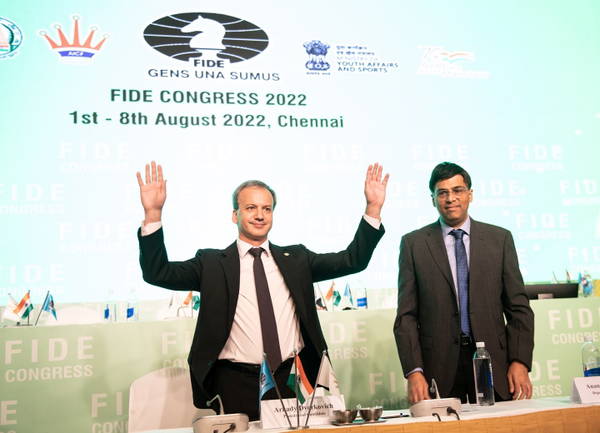
Through this position, Anand represents India at the highest level of world chess leadership. He continues to travel, mentor players, and support programs that spread chess education.
Conclusion
Viswanathan Anand’s life is one of talent, hard work, and humility. Going from learning chess at home in Chennai to becoming a five-time World Champion and now FIDE Vice President. He has achieved greatness despite unfavourable odds, all while remaining humble and kind.
Vishwanatha Anand changed the face of Indian chess, inspiring an entire generation of young players.
Vishy took on the chess world with his play on the chessboard. He showed that patience and dedication can take anyone to the top. Anand’s legacy continues, not only as a chess legend but also as a role model for millions.
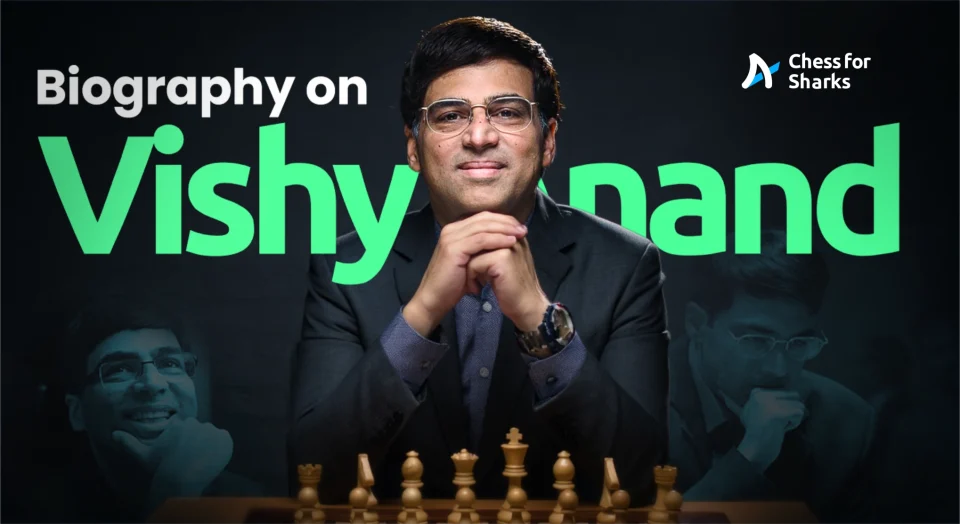
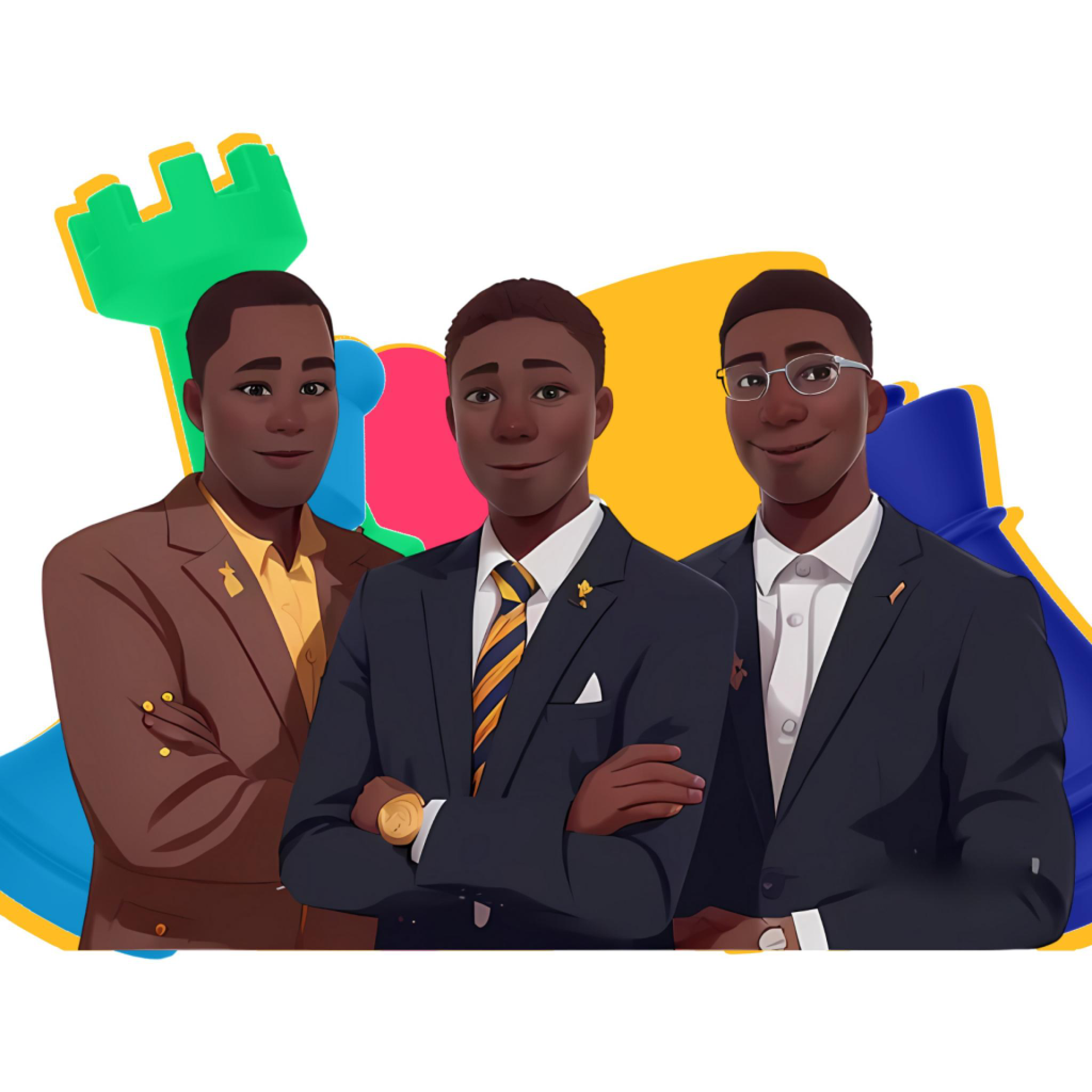


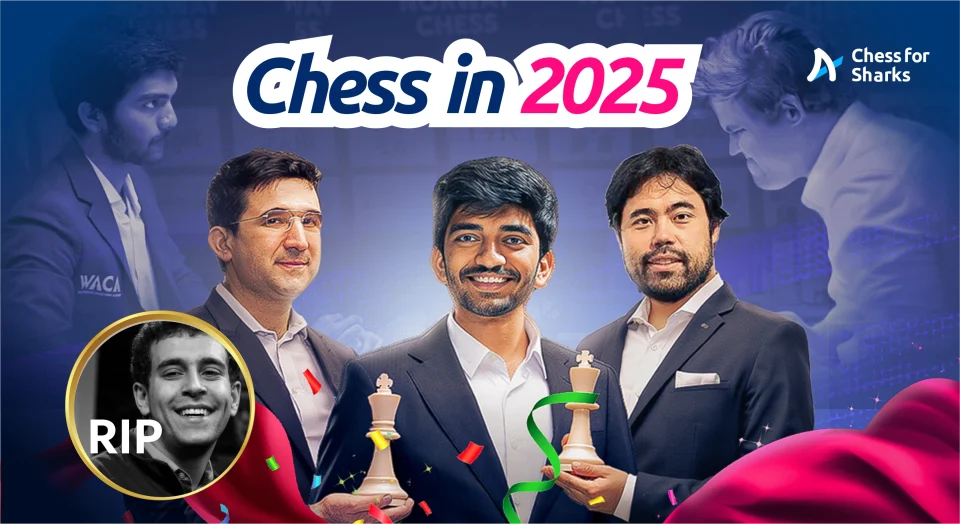

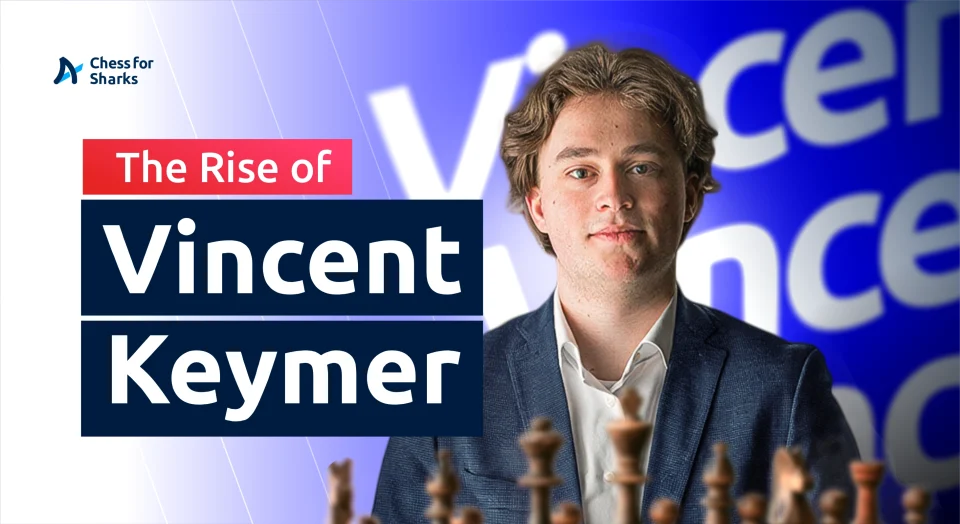
join the conversation